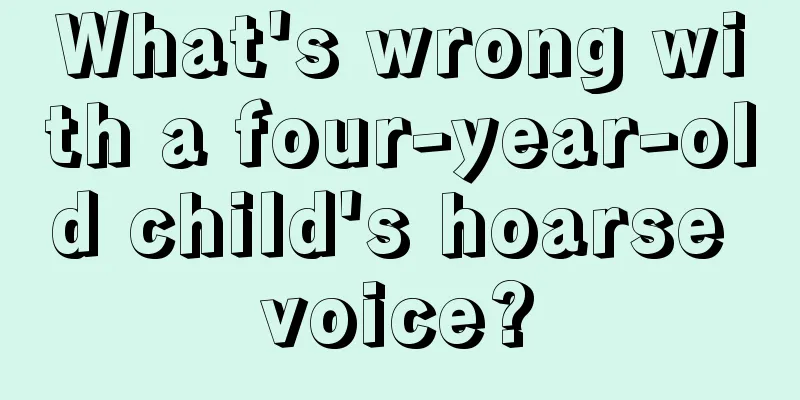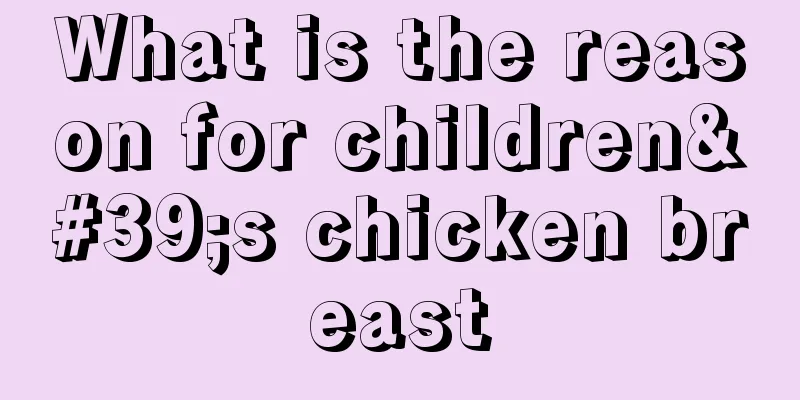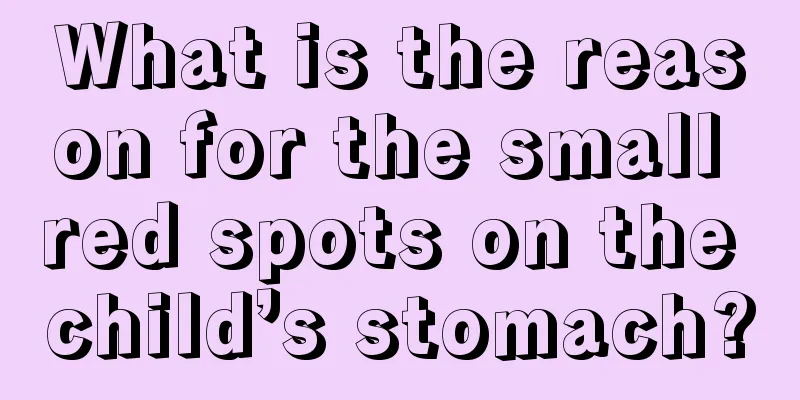What to do if your one-year-old baby vomits

|
How important are babies in people’s minds nowadays! Having a child is a troublesome issue nowadays, so having a little baby in the family is the pride of the family. The issue of vomiting in one-year-old babies also makes many parents very worried and afraid. Children’s immunity is relatively low nowadays, so parents should pay more attention to observe the baby’s physical health and deal with the baby’s condition. So what is the matter with vomiting in a one-year-old baby? Vomiting in babies is mostly caused by indigestion, but it may also be caused by cold or improper feeding. In this case, feeding should be done on time and small meals should be encouraged. Because the baby may not exercise enough, gastrointestinal discomfort may occur. You can give your baby abdominal massage to promote digestion and improve gastrointestinal function. Normal massage method: Gently massage the baby's abdomen in a clockwise direction. Continuous vomiting may cause the baby to lose water in the body, so it is appropriate to let the child drink some water after vomiting to make up for the loss of water in the body. Especially in case of recurrent vomiting, you can drink small amounts of cold boiled water or ice water multiple times during the fasting period, while drinking warm water can easily cause vomiting. If your baby occasionally vomits, you can let him eat some white porridge to allow the stomach to get enough rest and help it recover. You can add a little salt, but no oil. Then slowly increase the amount of food until you can eat rice, but it is better to eat light and easily digestible food. If diarrhea and vomiting are severe, and you even experience symptoms of dehydration such as thirst, sunken eye sockets, and decreased skin elasticity, you should seek medical attention immediately. 1. Improper feeding or eating: Overfeeding during the neonatal period, improper milk formula, swallowing a lot of air while feeding; infants and young children eating too much at one time or food that is difficult to digest 2. Abnormal digestive function: Systemic infectious diseases, such as upper respiratory tract infection, bronchitis, pneumonia, sepsis, etc., often accompanied by high fever, nausea, loss of appetite, and vomiting. 3. Digestive tract infectious diseases: gastritis, enteritis, dysentery, appendicitis and other diseases can cause reflex vomiting due to local irritation, which is often accompanied by other digestive system symptoms such as nausea, abdominal pain and diarrhea. The above describes the vomiting of a one-year-old baby. I hope that the above description will be of great help to many parents. Parents should not worry too much. Learning more medical knowledge in this area will be of great help to the baby. If there is an unexpected situation, please contact a doctor in time and listen to the doctor's instructions to help the baby recover quickly. Children nowadays are not the same as those in the past. You must know what precautions should be taken after your baby is sick. Everyone, please save it quickly. |
<<: How to prevent neonatal apnea
>>: Why does my baby vomit in the middle of the night?
Recommend
Is it normal for a newborn to sneeze?
Sneezing is a very common phenomenon in our lives...
What to do if the baby cries when waking up
Raising a baby is a hard job, because many first-...
Small pimples on the tongue
Hand, foot and mouth disease is a very common dis...
What are the benefits of physical exercise for young children?
We are trained to do physical exercise starting f...
The disadvantages of using bottle straws for a long time after the baby is one year old
Nowadays, many parents frequently use pacifiers a...
What to do if Kawasaki disease recurs for the second time
Kawasaki disease is a common symptom among childr...
Methods for relieving cough and reducing phlegm in children
When people cough, there is a reason, but once th...
Children with chickenpox should pay attention to these matters
I believe everyone is familiar with chickenpox, b...
What are the symptoms of chronic rhinitis in babies?
Sinusitis can be said to be a relatively common c...
How to care for children after phimosis surgery?
When children have phimosis, it will seriously hi...
What to do if your child doesn't go to school
Nowadays, many parents neglect to take care of th...
Symptoms of stomach ache in baby
A baby's own immunity and resistance cannot b...
What diseases are related to the blue veins on the baby's head?
Parents pay a lot of attention to their children,...
Symptoms of mental retardation
In the context of eugenics and good parenting, wh...
What are the surgeries for phimosis in children?
It is very common for children to have phimosis, ...









